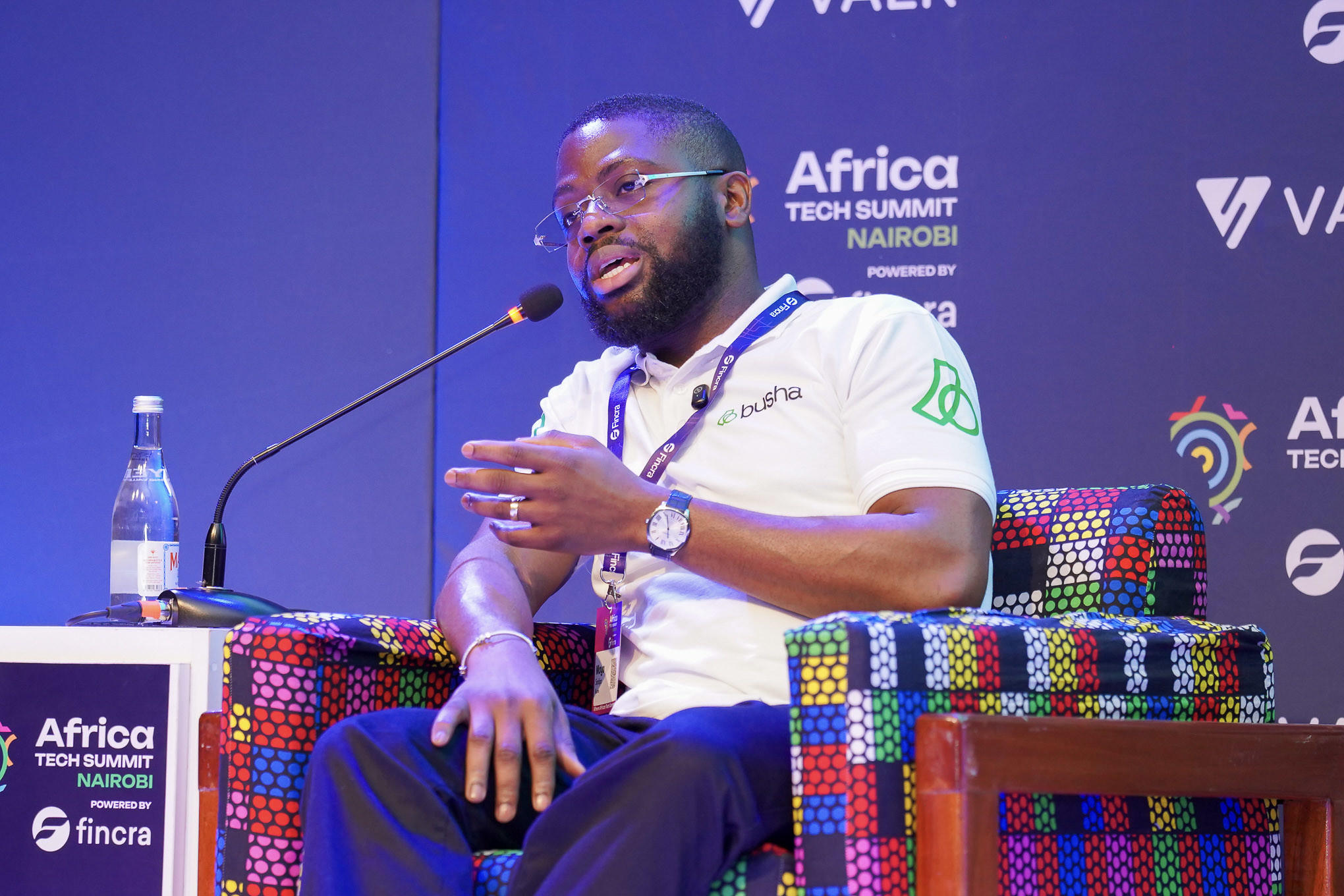I dare you. I dare you to name 1 startup founded by a black woman. Don’t worry. I’ll wait.
Right. You don’t know (m)any. And it’s not hard to tell why. Black women are at the bottom of the food chain. Right off the bat, they have 2 strikes against them in this game. They are black, and they are women. While I will never be able to comprehend the depth or breadth of what these people face everyday, the least I can do is empathise.
Here’s your bit of trivia for the day: between 2012 and 2016, only 11 black, female founders received outside investment of over $1 million.
https://twitter.com/msmarypryor/status/693538448175669251
If this does not make your blood boil, then stay with me. Let’s spread some context over this statistic-bread. In Q1 2012, 785 startups got VC funding. In Q2 2012, 812 startups got VC funding. In Q fucking 3, the number was 835. And according to the TechCrunch report I just read, the year 2012 saw 3267 startups in total receive $28.3 billion in funding. Of course, that number has increased year-on-year since then.
In the ocean of funding that has been dished out since then (to mostly caucasian men), women of colour don’t register as more than a few drops. The situation is bad enough that Bethenny Frankel, a female entrepreneur herself, advised black female entrepreneurs to take white men to pitches to increase their chances of investment. “…yeah, maybe you should bring a white guy to investor meetings if you feel that is what is holding back your business…”
And I’m here wondering in what world that’s a reasonable suggestion.
Asides from the fact that the statement lends credence to the viewpoint that being black is a deterrent to success, it’s also really stupid because there’s no way a mediocre white man is more passionate or knows more about the business being offered to investors that the black woman who founded it. The conversation should really not be focused around getting black women to “manage” or skew themselves to survive in a flawed system. It should be around fixing said flawed system.
But the system is unlikely to change until the VC demographic sees a massive shift itself. Like Locent founder, Matt Joseph said in his infamous Twitter rant, investors don’t invest in companies, they invest in founders who they can connect with. And the way I see it, a VC demographic saturated with caucasian men are generally not going to do much connecting with anyone else.
Want stats? According to Babson College, in 1999, 90% of VC partners are male. Today, that number is 94%. It’s no wonder then, that only 3% of VC-backed startups have female CEOs. These stats are mind-boggling because women routinely out-perform men in most fields. The same Babson study found that businesses with women on the executive team were more likely to have higher valuations at both first (and last) funding – specifically 64% and 49% higher, respectively. There’s more. A study found that women are considered better coders on GitHub – but only if they hide their genders.
There are a few things I think will help solve the women-in-tech problem. First is a massive shift in the VC demographic. We need to break the cycle of white men investing in white men who go on to hire white men ad infinitum. Second, we really need to stop painting STEM careers to our kids as inherently masculine. Female children will carry on this faulty thinking, and irrespective of their strengths, will gravitate towards more “feminine” careers as a result. Whatever that means. This is why I’m full of adulation for women like Abisoye Ajayi, who are getting underprivileged girls into coding. Third, and in the same vein, the onus rests on us, the men to keep calling out all the cases of gender-based discrimination where we see it, and help educate those who need it until we see more parity.
I could go on, but I’m sure you get the point by now. The bad news is, gender-based discrimination in the technology ecosystem is still a thing. The good news is, companies are beginning to take notice and we are making progress – however slow.


















